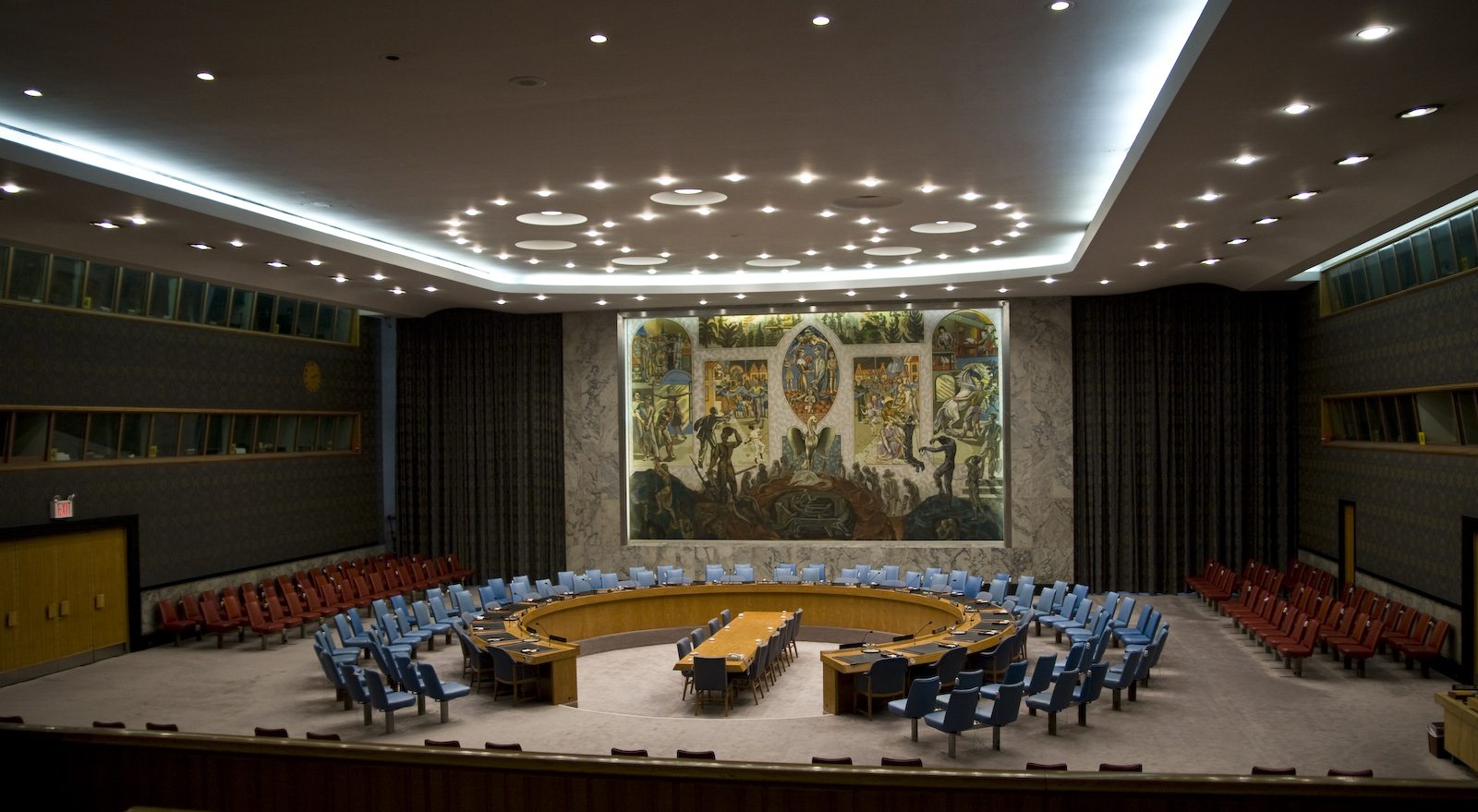When hypocrites make history
On October 18, the diplomatic world reeled in shock as Saudi Arabia made the unprecedented move of turning down a non-permanent seat on the UN Security Council (UNSC). The Middle Eastern kingdom, which has strong ties with the permanent five members, particularly the USA, rebuffed the offer while accusing the world body of “double standards”. It was particularly critical of the failure to address the Israeli-Palestinian conflict and for not reaching a consensus on Syria.
Global security is at its most vulnerable and humanitarian crises are crippling the world.
No one was really sure how to react. Indeed, for the first twenty-four hours, this news went mostly unremarked, with the focus on the US shutdown and Syria. But, sure enough, diplomats began to weigh in. The Russian foreign minister called the move bewildering and UN Ambassadors from the Arab League urged Saudi Arabia to change its decision, stating that having a Middle Eastern country on the UNSC would better serve the region’s demands. At the same time, the Arab League Secretary General Nabil Al-Araby praised the Saudi government’s decision, while an unnamed French government official stated that the decision served to highlight genuine failures.
Despite Moscow’s protests, there is no denying the fact that the UNSC has largely failed in its mandate. Global security is at its most vulnerable and humanitarian crises are crippling the world. The permanent five members are not immune either – the USA’s debacle with wars in the Middle East and Guantanamo Bay, Russia’s abysmal LGBTQ situation, and China’s ongoing struggles with Tibet are well-documented problems.
However, while the refusal is a pleasant surprise, there is a fair amount of irony when you consider who did the rejecting. After all, Saudi Arabia is in no way a utopia. For years, it has had one of the worst women’s rights records in the world. Women not only suffer from restricted freedom of movement, speech and expression, but face harsher penalties and courtroom bias in legal cases. Homosexuality is illegal, with penalties including stoning and forced amputations. Censorship is a huge problem, and the country has a history of denying the presence of political prisons. And these are just a sample of what is plaguing the country. Despite these issues, the Saudi government has not been held accountable due to its strategic position in the region and its oil reserves.
However, while the refusal is a pleasant surprise, there is a fair amount of irony when you consider who did the rejecting.
Given the support Saudi Arabia gets from the UNSC, allowing it to carry out human rights abuses with impunity, it is truly a case of the pot calling the kettle black for it to turn down a UNSC seat for “double standards”. Or perhaps that is just politics.
[divider]
Header image courtesy of: Flickr.com/ tomdz

Comments